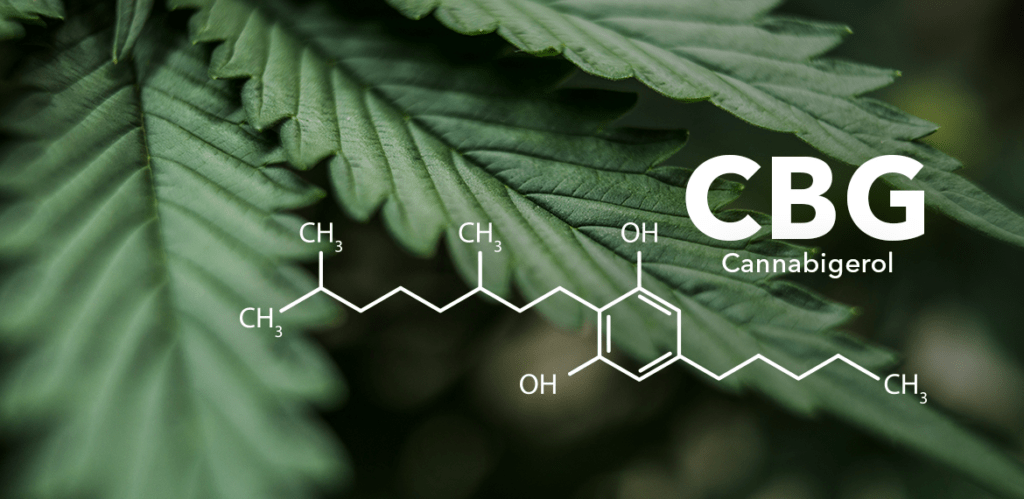In a new study published by the journal Archives of Microbiology, the cannabis compound cannabigerol “inhibited the growth of S. iniae by disrupting the cell membrane.”

Evaluation of the antibacterial activity and mechanism of cannabigerol against drug-resistant Streptococcus iniae in vitro
Conducted by researchers from Sichuan Agricultural University, Sichuan University, and the Sichuan Aquatic Animal Disease Surveillance and Control Center, the study is titled Evaluation of the antibacterial activity and mechanism of cannabigerol against drug-resistant Streptococcus iniae in vitro.
“This study aimed to investigate the antibacterial effects and mechanism of cannabigerol against drug-resistant Streptococcus iniae”, states the study’s abstract. “The determination of antibacterial activity was based on the minimum inhibitory concentration (MIC) and minimum bactericidal concentration (MBC), growth curve analysis, time-kill assay, biofilm inhibition and eradication assessments.”
In the study, the antibacterial mechanism was explored by DNA leakage assay, assessment of cell membrane permeability, evaluation of cell membrane integrity, measurement of membrane potential, determination of respiratory chain dehydrogenase activity, and examination by using scanning electron microscopy (SEM) and transmission electron microscopy (TEM).
“The results demonstrated that cannabigerol effectively inhibited the growth and biofilm formation of Streptococcus iniae in vitro”, claim researchers. “Mechanistically, cannabigerol induced DNA leakage, impaired cell membrane integrity, hyperpolarized membrane potential, and reduced respiratory chain dehydrogenase activity in S. iniae.”
Researchers say “In conclusion, these findings suggest that cannabigerol inhibited the growth of S. iniae by disrupting the cell membrane.”






